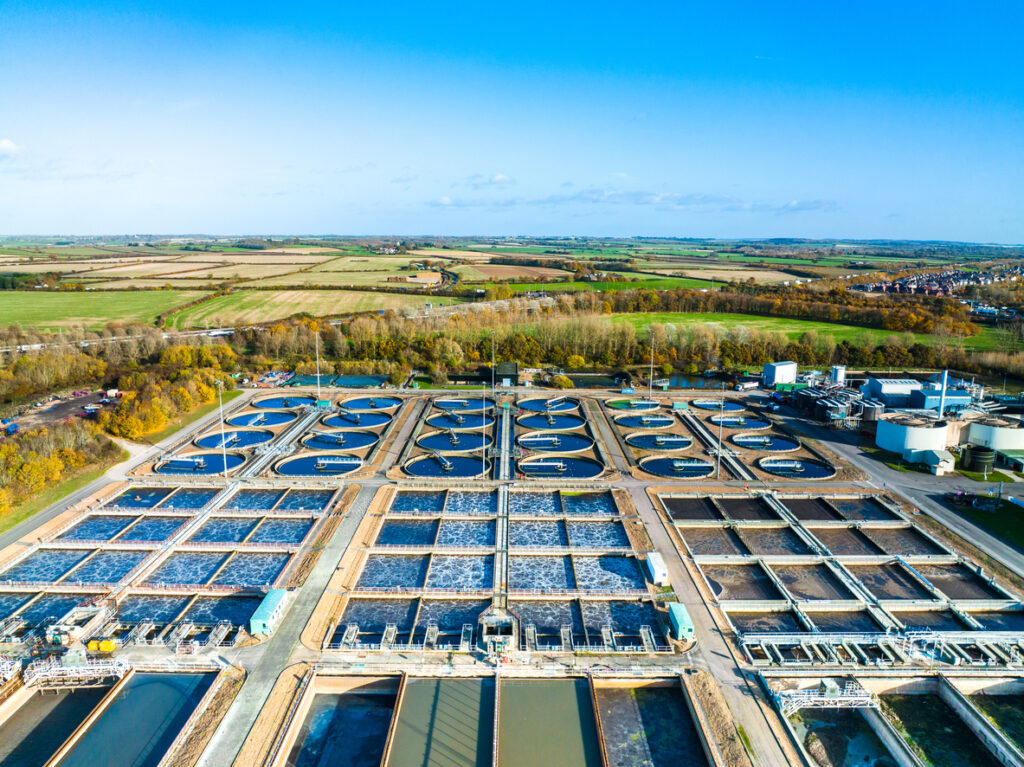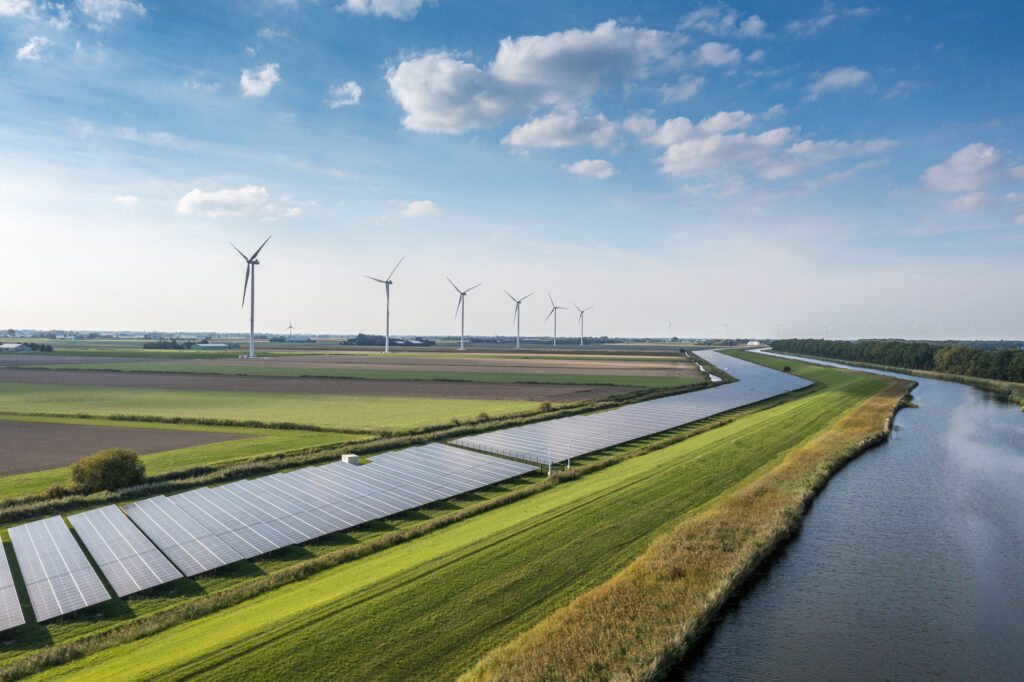Over the last few years, there have been a number of high profile energy supply company (ESC) failures. Various issues have arisen in the administration of these estates that the courts have had to address.
Last week (11 November 2022), Mr Justice Zacaroli handed down an eagerly awaited judgment in relation to applications brought by a number of insolvency practitioners appointed over these failed ESCs.
The applications had been made earlier in the year seeking direction on how to treat claims made in various ESC insolvencies. In particular, the insolvency practitioners sought clarification and guidance on two main issues:
- Claims made by OFGEM for the non-payment of Renewable Obligations by the failed ESCs.
- Possible claims made by a Supplier of Last Resort (SoLR) seeking to recover credit balances that they had honoured or agreed to honour.
Throughout the application, the insolvency practitioners adopted a neutral stance and asked the court to determine various tricky issues that would assist them in determining who should be paid from any recoveries made.
Renewables Obligations
The Renewables Obligation requires all licenced ESCs to present Renewable Obligations Certificates (ROCs) to OFGEM evidencing they have purchased electricity from renewable sources or, in the absence of the presentation of ROCs, make a “buy out” payment to OFGEM. The purpose of this scheme is to encourage the development of electricity generating capacity using renewable sources of energy.
The court was asked to consider, amongst other things:
- the effect of the obligation to produce ROCs;
- the effect of the obligation to make the buy-out payment; and
- the effect of the process of mutualisation on any of these existing obligations.
Mutualisation is triggered where there is a shortfall in the amounts recovered by OFGEM in any given period. It involves OFGEM seeking a further payment from certain suppliers to create a mutualisation fund and then subsequently distributing this fund.
Mr Justice Zacaroli held that an ESC that has failed to discharge its renewable obligation in full solely by the provision of ROCs by 1 September each year is under a liability to make a buyout payment and that liability is, prior to 1 September, contingent upon the supplier not having satisfied its renewable obligations by providing ROCs and thereafter it is an actual obligation.
He also held that the liability continues after 31 October, notwithstanding the existence of a mutualisation scheme or the triggering of the mutualisation process. Both of these liabilities were provable debts in the insolvencies of the failed ESCs. The Judge also rejected any concerns over potential double counting or double recovery of these liabilities.
Supplier of Last Resort
When a licenced ESC fails, OFGEM appoints a SoLR to service the customers of the failed ESC. As part of this process, OFGEM tells customers to stay put and not to change suppliers and that the SoLR continue to supply electricity and will honour credit balances.
OFGEM subsequently allows a SoLR to make a claim for the credit balances from the industry levy. If such a claim is allowed, as it invariably is, the cash position of the SoLR will be neutral as on the one hand it pays out the credit balances to customers, but on the other hand, the SoLR recovers these payments through the levy and therefore is not out of pocket.
OFGEM however expects a SoLR to prove in the insolvency of the failed ESC and in relation to any money recovered, it requests that such sums are paid back to OFGEM. However, there is no statutory process for this and the insolvency practitioners sought clarification on this process and various related issues.
Mr Justice Zacaroli confirmed that a SoLR could claim for any credit balances of customers that it has honoured. This is a claim in unjust enrichment against the failed ESC and the SoLR has a right of subrogation in relation to the customer claims.
The SoLRs will therefore have to prove to the insolvency practitioners that they have actually honoured any credit balances
Importantly the Judge also confirmed that the customers of the failed ESC who had had their credit balances paid by a SoLR had in effect had their debts discharged and could not make a claim in the insolvency of a failed ESC. This will be a huge relief for the insolvency practitioners, as they will not have to deal with the logistical nightmare of considering claims from hundreds of thousands of individual customers who had already been paid and therefore had not suffered a loss. The costs saved from not having to undertake such a process will also result in a better recovery for the creditors.
Effect
The effect of this judgment is to provide clarity to office holders of failed ESCs. Subject to any appeal, this will enable these office holders to get on with their role as administrators or liquidators and enable them to distribute dividends to the creditors of the failed ESCs. It also provides certainty for OFGEM in dealing with failed ESCs. Although a different result would have meant a larger dividend for the remaining creditors of the ESCs, at least on the present judgment (and pending any appeal) these creditors can expect to receive payment shortly.







